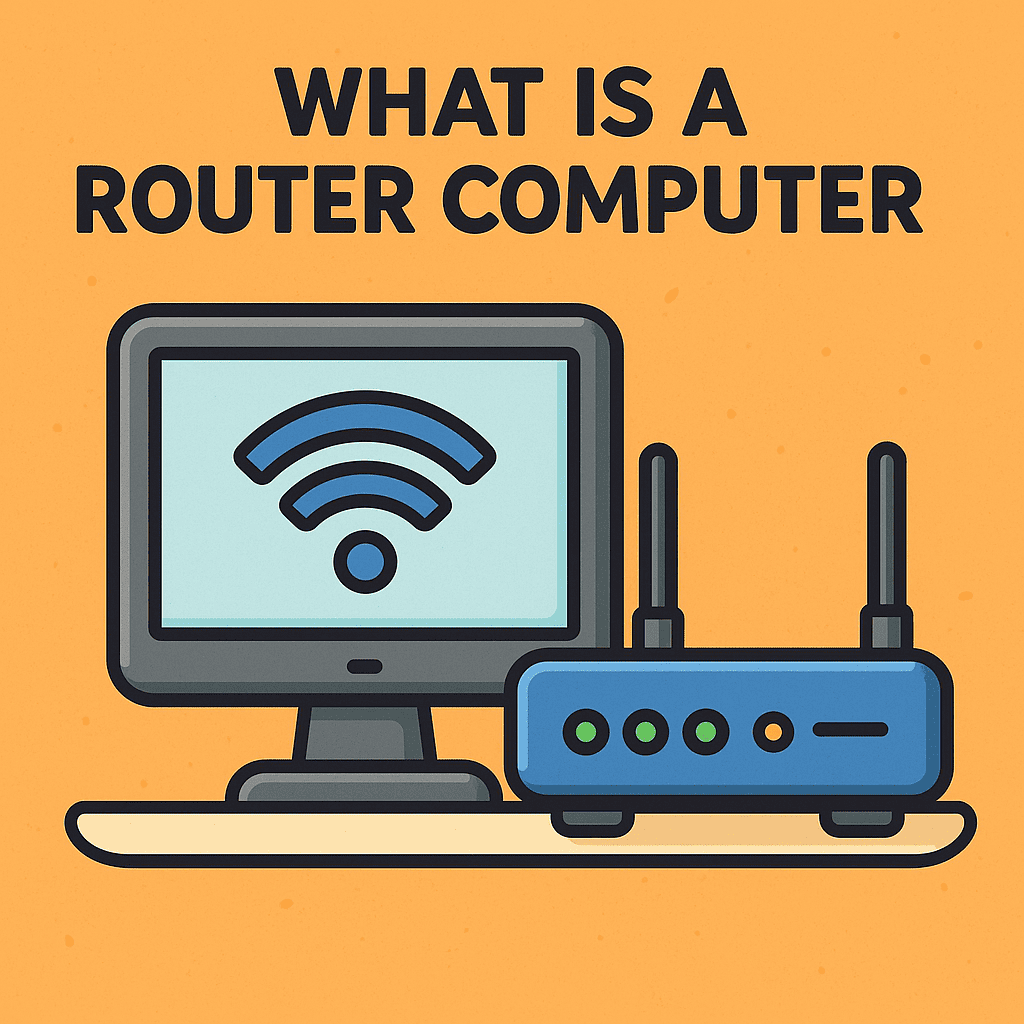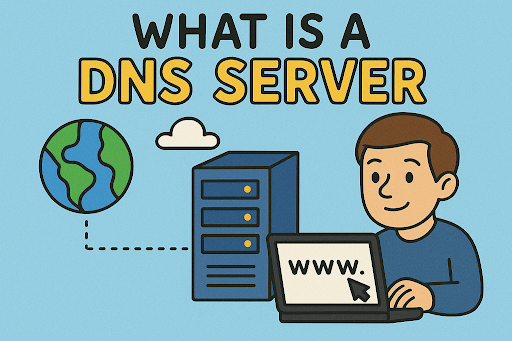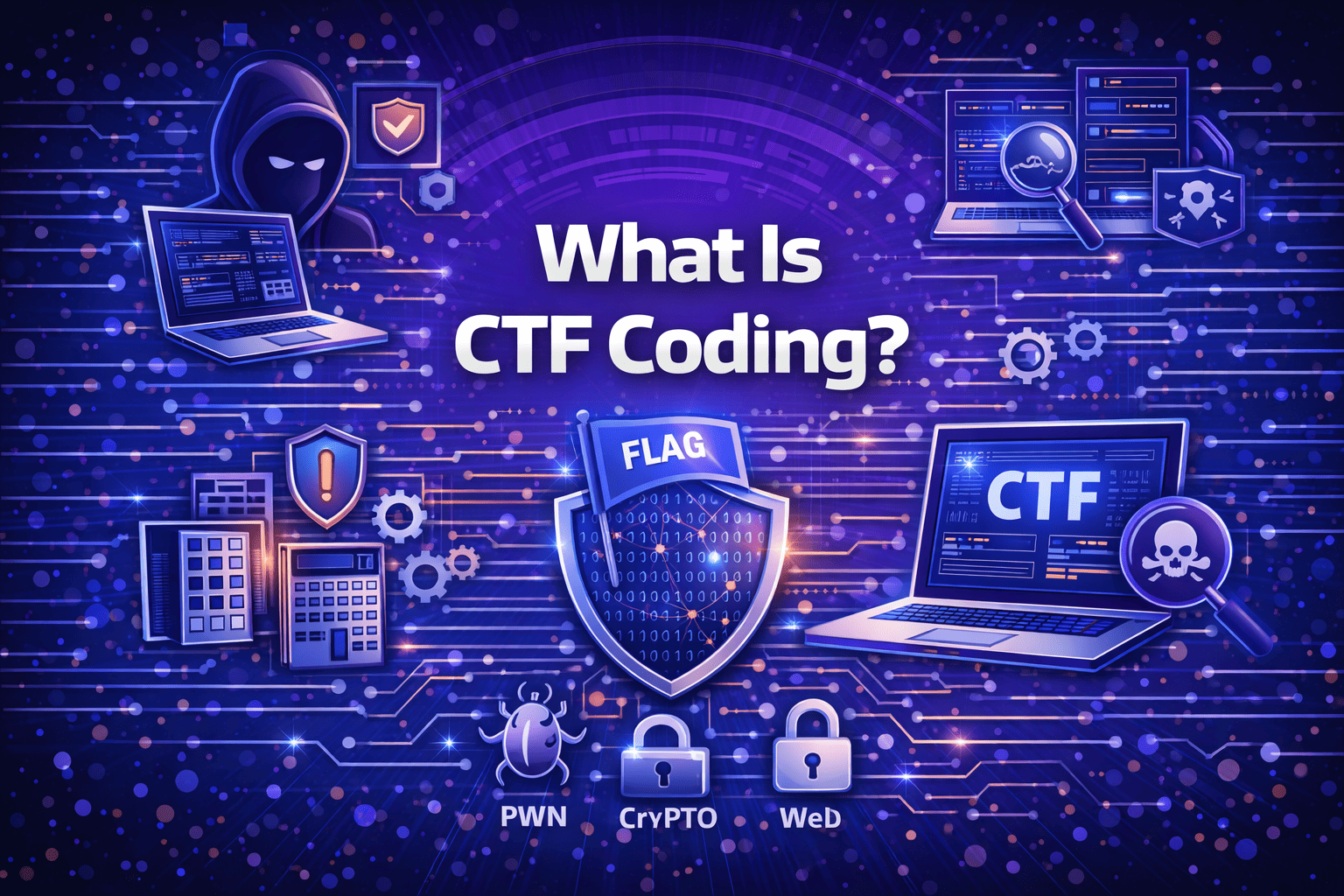What Does Robust Mean? A Deep Dive into the Term and Its Applications in Cybersecurity
Updated on June 26, 2025, by Xcitium

If you’ve ever heard someone describe a system as “robust” and nodded in agreement—without fully knowing what it meant—you’re not alone. What does robust mean, especially in the context of cybersecurity or enterprise IT?
In simplest terms, robust refers to something strong, resilient, and effective under various conditions. But it means more than just being sturdy. In the tech and cybersecurity world, robustness signals dependability, adaptability, and performance, especially when systems are tested by threats or change.
This post will unpack the robust meaning, explore robust synonyms and definitions, and show you how the term is used in real-world cybersecurity strategies. Let’s dive in.
🧠 Robust Meaning: Definition & Origins
📖 Robust Definition:
According to most dictionaries, robust means:
Strong and healthy; vigorous.
Able to withstand or overcome adverse conditions.
The term originates from the Latin word “robustus”, meaning “strong or oaken.”
🔁 Robust Synonyms:
Here are some alternatives for “robust” based on context:
- Resilient
- Sturdy
- Strong
- Durable
- Hardy
- Dependable
- Tough
🛠️ What Does Robust Mean in Cybersecurity?
In the cybersecurity domain, robust is often used to describe systems, software, or policies that are well-defended, stable, and able to handle threats effectively.
🔐 Characteristics of a Robust Cybersecurity System:
- Resilience to attacks: Can withstand malware, phishing, DDoS attacks, etc.
- High uptime: Maintains performance even during updates or external threats.
- Scalability: Grows with your needs without breaking down.
- Failsafe mechanisms: If one component fails, others continue functioning.
- Comprehensive coverage: Covers endpoints, networks, users, and cloud environments.
Example:
A robust firewall doesn’t just block ports—it adapts to threat patterns, integrates with threat intelligence, and provides deep packet inspection.
🏢 Use of “Robust” in Business and IT
What does robust mean in enterprise contexts? It’s a popular buzzword, but it genuinely reflects a system’s ability to perform consistently under pressure.
🏗️ Common Use Cases in Business:
- Robust Infrastructure: Stable networks, redundant backups
- Robust Compliance Policies: Meet industry standards like HIPAA, GDPR, SOC 2
- Robust Risk Management: Dynamic strategies for detecting and mitigating risks
- Robust Software: Applications that scale and perform with minimal bugs
📈 Why Robustness Matters for IT Managers & CEOs:
- Boosts investor and customer confidence
- Minimizes downtime and damage
- Reduces maintenance and incident costs
- Enhances brand reputation
🔍 Real-World Examples of Robustness in Cybersecurity
Let’s look at how the robust meaning translates into action.
📌 Example 1: Robust Endpoint Security
An endpoint solution that can block zero-day threats using AI, continue operating offline, and auto-update definitions is considered robust.
📌 Example 2: Robust Data Backup
A system that encrypts data, creates redundant copies, supports automatic failover, and is compliant with data privacy laws.
📌 Example 3: Robust Access Control
Multi-factor authentication (MFA), role-based access, biometric verification—all ensure robust access security.
🧩 How to Build Robust Cybersecurity Strategies
Here are some ways to ensure your cybersecurity framework lives up to the definition of robust:
✅ Steps to Build a Robust Cybersecurity Posture:
- Conduct regular risk assessments
- Invest in multi-layered defense tools
- Apply robust endpoint protection
- Use robust monitoring & alerting systems
- Train your staff regularly
- Backup and test your disaster recovery plans
- Stay compliant with global standards
- Perform penetration testing periodically
📣 Why Robustness Is a Business Necessity—Not a Bonus
The stakes have never been higher. Data breaches cost organizations millions and can severely damage brand trust. In today’s fast-evolving threat landscape, only the robust survive.
This is where Xcitium’s cybersecurity solutions come in—designed from the ground up to detect, contain, and neutralize threats with military-grade protection.
🧠 Recap: What Does Robust Mean?
To wrap up:
- Robust = strong, resilient, secure, dependable
- It applies across cybersecurity, IT, software, and organizational planning
- A robust system protects your data, infrastructure, and reputation
So next time someone mentions building a “robust cybersecurity strategy“—you’ll know exactly what they mean.
📢 Ready to Make Your Security Robust?
Don’t wait for a breach to test your defenses. Discover how Xcitium empowers businesses like yours with robust endpoint protection, threat detection, and remediation.
❓ FAQ: Robust Meaning & Use
1. What does robust mean in technology?
It refers to a system’s ability to function reliably under a variety of conditions, including stress, attacks, or resource limitations.
2. What is a robust cybersecurity framework?
A comprehensive set of tools, policies, and procedures that offer strong protection against cyber threats and minimize system vulnerabilities.
3. What are some robust synonyms?
Strong, resilient, dependable, durable, and sturdy.
4. Why is robustness important in IT?
Robust systems reduce downtime, improve performance, enhance customer trust, and resist security breaches.
5. How can I build a robust IT infrastructure?
Invest in secure, scalable, and redundant systems; monitor them proactively; and maintain up-to-date security policies.















